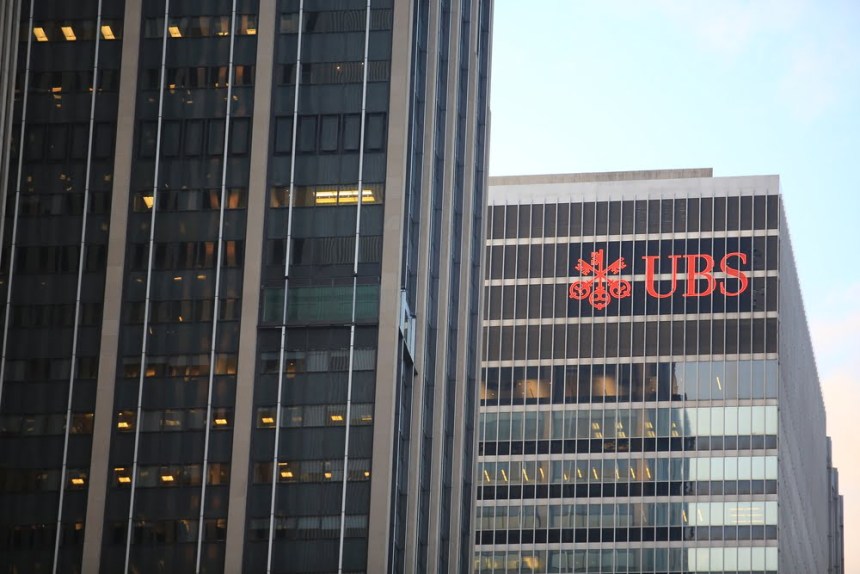This week, former Swiss multinational investment bank UBS executives raised $104 million to launch the first regulated crypto bank.
The launch of a fully regulated and licensed cryptocurrency-focused bank could be as important as a Bitcoin exchange-traded fund (ETF).
ETF Vs Bank
Over the past nine months, despite the 80 percent correction of the crypto market and the 69 percent drop in the price of Bitcoin, the infrastructure of the cryptocurrency industry has strengthened at an unprecedented rate.
BitGo and Coinbase have been approved by regulators in the US to operate as trusted cryptocurrency custodians, serving institutional investors. Citigroup, Morgan Stanley, and Goldman Sachs have already developed products to facilitate the growing demand for cryptocurrencies from institutions, and are currently waiting for the greenlight from regulators.
Most recently, Seba Crypto AG, a Swiss financial services firm managed by former UBS Group AG executives, secured a megaround, which refers to a funding round that is larger than $100 million, to deploy the world’s first cryptocurrency bank.
By October, Seba will file an application with the Swiss Financial Market Supervisory Authority (Finma), the Swiss government body responsible for financial regulation. Upon receiving a banking license from Finma, the institution will raise additional funding to ensure it obtains sufficient capital to provide full investor protection.
Structurally, Seba will operate similarly as a major bank like Goldman Sachs and UBS; it will provide investment banking services and asset management products. As a regulated bank, it will also handle fiat deposits and savings accounts, enabling investors to utilize its infrastructure to invest in both crypto and fiat currencies.
Seba CEO and former UBS managing director of asset servicing Guido Buehler said:
“Our vision is when you log in into your online banking, you’d have access to crypto and fiat within one account.”
In essence, Seba is a bank tailored to meet the needs of cryptocurrency investors and it represents how Goldman Sachs or Morgan Stanley would operate if they fully embrace cryptocurrencies in the long-term.
In late 2018, with the ETF filings of large financial institutions VanEck and Cboe, the cryptocurrency community has started to anticipate the approval of the first Bitcoin ETF. ICE, the parent company of the New York Stock Exchange (NYSE), disclosed that ETFs and platforms like Bakkt will allow investors to trade cryptocurrencies with existing brokerage accounts, which eventually will lead to cryptocurrencies being a part of 401(K)s.
In the US, 401(k) is a retirement savings plan sponsored by an employer and it permits employees to save and invest a piece of their paycheck before taxes are taken out.
Seba essentially carries out a similar operation as an ETF in that investors can securely invest in the cryptocurrency market directly from their fiat savings accounts with full investor protection. The only major difference between the two is that while ETFs are tradable on the stock market, Seba directly processes the trades.
Infrastructure is Building Rapidly
Bakkt, Goldman Sachs, Coinbase, BitGo, Gemini, and many other companies in the cryptocurrency sector have a common objective to improve the accessibility of cryptocurrencies and allow the asset class to be more appealing to a wider group of investors.
As these companies continue to revamp their efforts in strengthening the cryptocurrency market, as investors like billionaire hedge fund legend Mike Novogratz predict, a new wave of investors will likely enter the market.





















